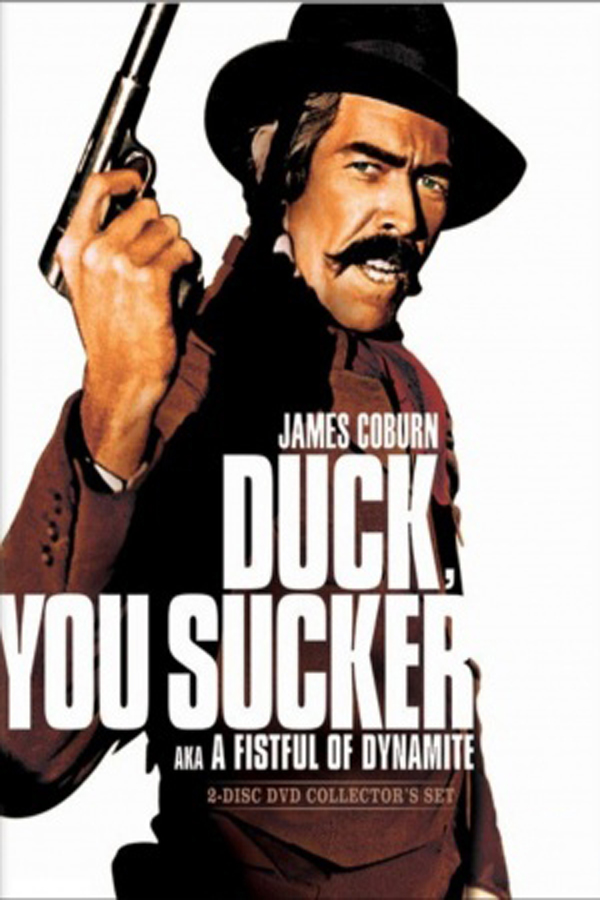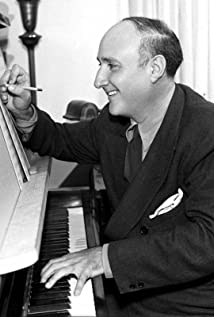Dimitri Tiomkin
Dimitri Tiomkin was a Russian Jewish composer who emigrated to America and became one of the most distinguished and best-loved music writers of Hollywood. He won a hallowed place in the pantheon of the most successful and productive composers in American film history, earning himself four Oscars and sixteen Academy Awards nominations. He was born Dimitri Zinovievich Tiomkin on May 10, 1894, in Kremenchug, Russia. His mother, Marie (nee Tartakovsky), was a Russian pianist and teacher. His father, Zinovi Tiomkin, was a renowned medical doctor. His uncle, rabbi Vladimir Tiomkin, was the first President of the World Zionist Union. Young Dimitri began his music studies under the tutelage of his mother. Then, at the St. Petersburg Conservatory, he studied piano under Felix Blumenfeld and Isabelle Vengerova. He also studied composition under the conservatory's director, Aleksandr Glazunov, who appreciated Tiomkin's talent and hired him as a piano tutor for his niece. Soon Dimitri appeared on Russian stages as a child pianist prodigy and continued to develop into a virtuoso pianist. Like other intellectuals in St. Petersburg, Tiomkin frequented the club near the Opera, called Stray Dog Café, where Russian celebrities, including directors Vsevolod Meyerhold and Nicolas Evreinoff, writers Boris Pasternak, Aleksei Tolstoy, Sergei Esenin, Anna Akhmatova, Nikolai Gumilev and Vladimir Mayakovsky, had their bohemian hangout. There Tiomlkin could be seen with his two friends, composer Sergei Prokofiev and choreographer Mikhail Fokin. At that time he also gained exposure and a keen interest in American music, including the works of Irving Berlin, ragtime, blues, and early jazz. Tiomkin started his music career as a piano accompanist for Russian and French silent films in movie houses of St. Petersburg. When the famous comedian Max Linder toured in Russia, he hired Tiomkin to play piano improvisations for the Max Linder Show, and their collaboration was successful. He also provided classical piano accompaniment for the famous ballerina Tamara Karsavina. However, the 1917 Communist Revolution in Russia caused dramatic political and economic changes. From 1917 to 1921 Tiomkin was a Red Army staff composer, writing scores for revolutionary mass spectacles at the Palace Square involving 500 musicians and 8000 extras, such as "The Storming of the Winter Palace"

